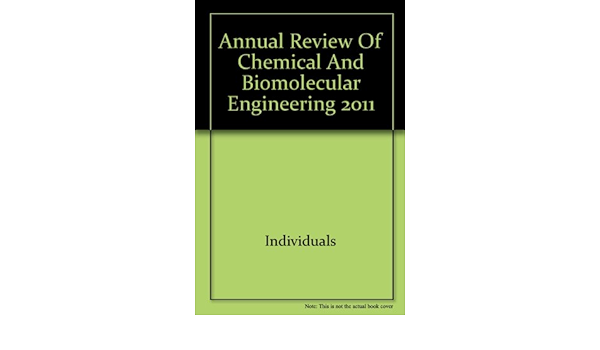塑料废弃物的生物升级再造
IF 12.8
2区 工程技术
Q1 CHEMISTRY, APPLIED
Annual review of chemical and biomolecular engineering
Pub Date : 2024-04-15
DOI:10.1146/annurev-chembioeng-100522-115850
引用次数: 0
摘要
塑料废弃物在环境中累积,影响野生动物和人类健康,同时也是大量廉价废碳的来源,可作为原料用于商品化学品、单体和特种化学品的可持续生产。由于每次迭代产生的塑料质量较低,目前的机械回收技术在经济上并不具有吸引力。因此,塑料经济的发展需要一种能够解构塑料并从解构产品中产生价值的解决方案。生物系统可以通过酶的特异性处理混合塑料废料流,并利用工程化的代谢途径生产升级再循环目标,从而提供这种价值。我们的重点是利用生物系统进行废塑料解构和升级再循环。我们重点介绍了已记录和预测的塑料生物解构和同化机制,并提供了生物系统升级再循环产品的实例。此外,我们还详细介绍了该领域目前面临的挑战,包括发现和开发用于解构非对苯二甲酸乙二醇酯塑料的微生物和酶,选择适当的目标分子以促进塑料生物经济的发展,以及选择微生物底盘以实现解构产品的价值化。本文章由计算机程序翻译,如有差异,请以英文原文为准。
Biological Upcycling of Plastics Waste
Plastic wastes accumulate in the environment, impacting wildlife and human health and representing a significant pool of inexpensive waste carbon that could form feedstock for the sustainable production of commodity chemicals, monomers, and specialty chemicals. Current mechanical recycling technologies are not economically attractive due to the lower-quality plastics that are produced in each iteration. Thus, the development of a plastics economy requires a solution that can deconstruct plastics and generate value from the deconstruction products. Biological systems can provide such value by allowing for the processing of mixed plastics waste streams via enzymatic specificity and using engineered metabolic pathways to produce upcycling targets. We focus on the use of biological systems for waste plastics deconstruction and upcycling. We highlight documented and predicted mechanisms through which plastics are biologically deconstructed and assimilated and provide examples of upcycled products from biological systems. Additionally, we detail current challenges in the field, including the discovery and development of microorganisms and enzymes for deconstructing non–polyethylene terephthalate plastics, the selection of appropriate target molecules to incentivize development of a plastic bioeconomy, and the selection of microbial chassis for the valorization of deconstruction products.
求助全文
通过发布文献求助,成功后即可免费获取论文全文。
去求助
来源期刊

Annual review of chemical and biomolecular engineering
CHEMISTRY, APPLIED-ENGINEERING, CHEMICAL
CiteScore
16.00
自引率
0.00%
发文量
25
期刊介绍:
The Annual Review of Chemical and Biomolecular Engineering aims to provide a perspective on the broad field of chemical (and related) engineering. The journal draws from disciplines as diverse as biology, physics, and engineering, with development of chemical products and processes as the unifying theme.
 求助内容:
求助内容: 应助结果提醒方式:
应助结果提醒方式:


